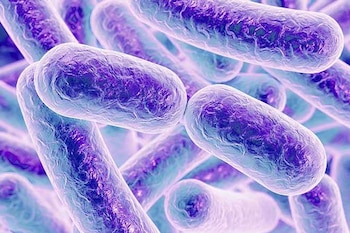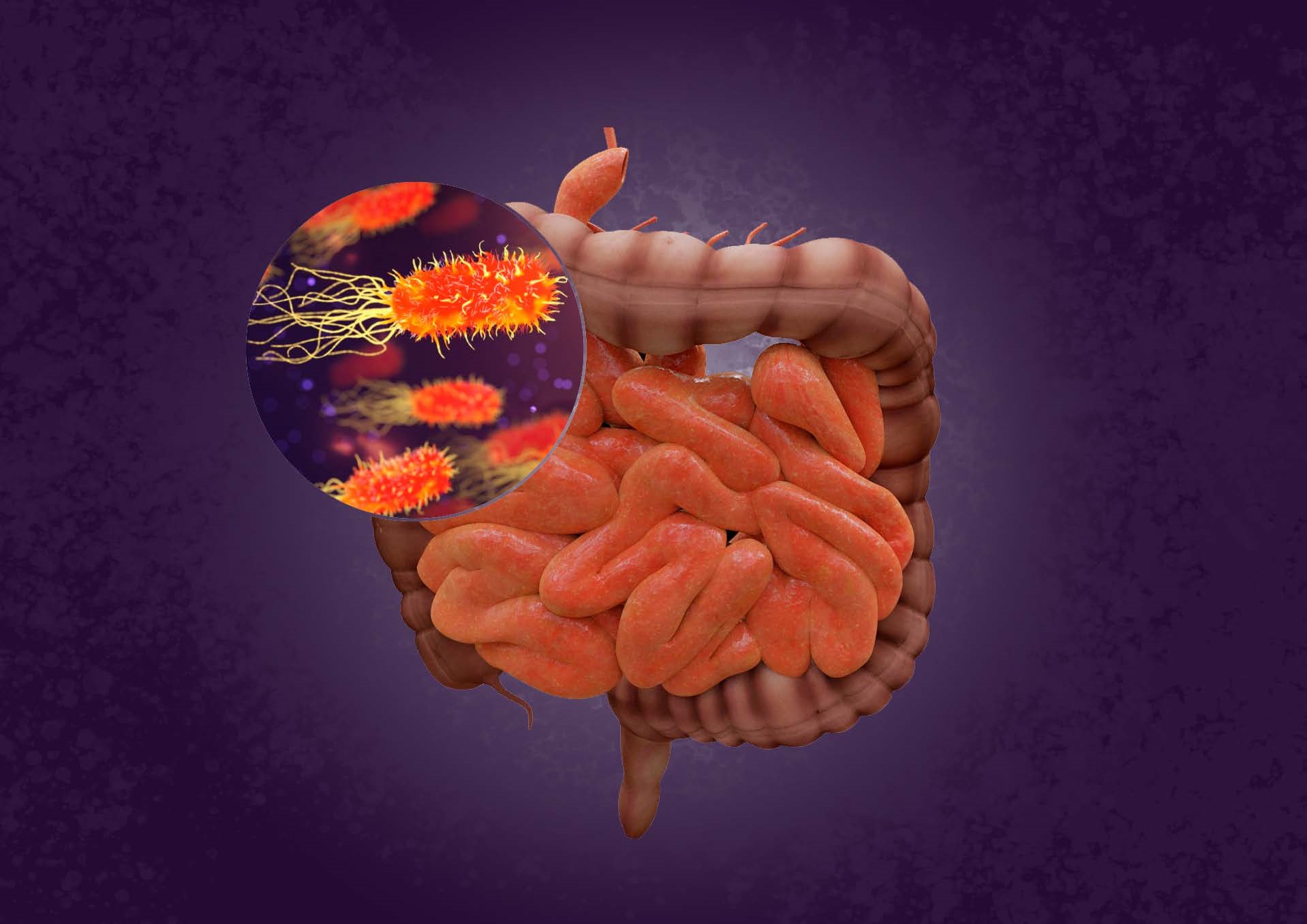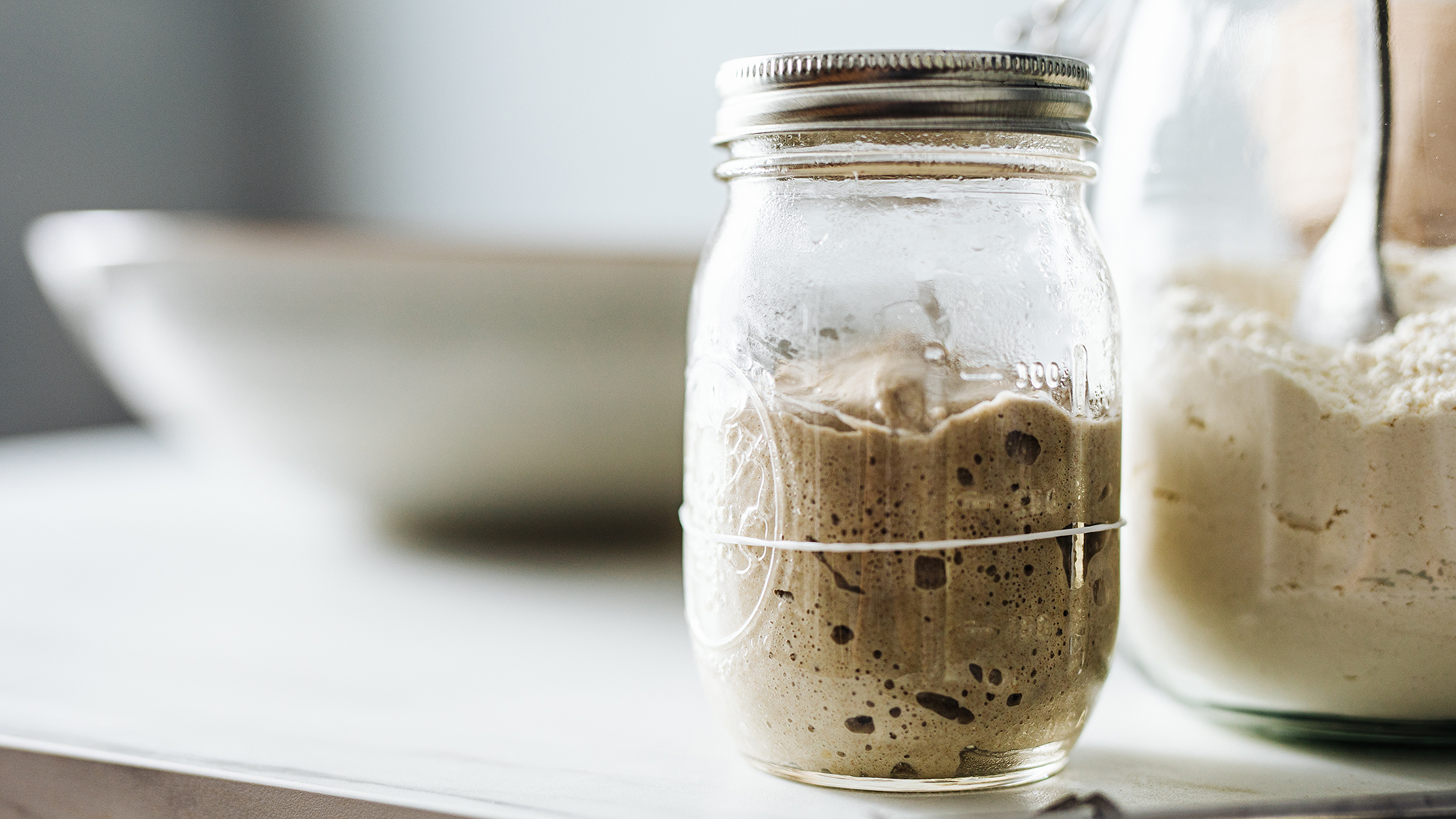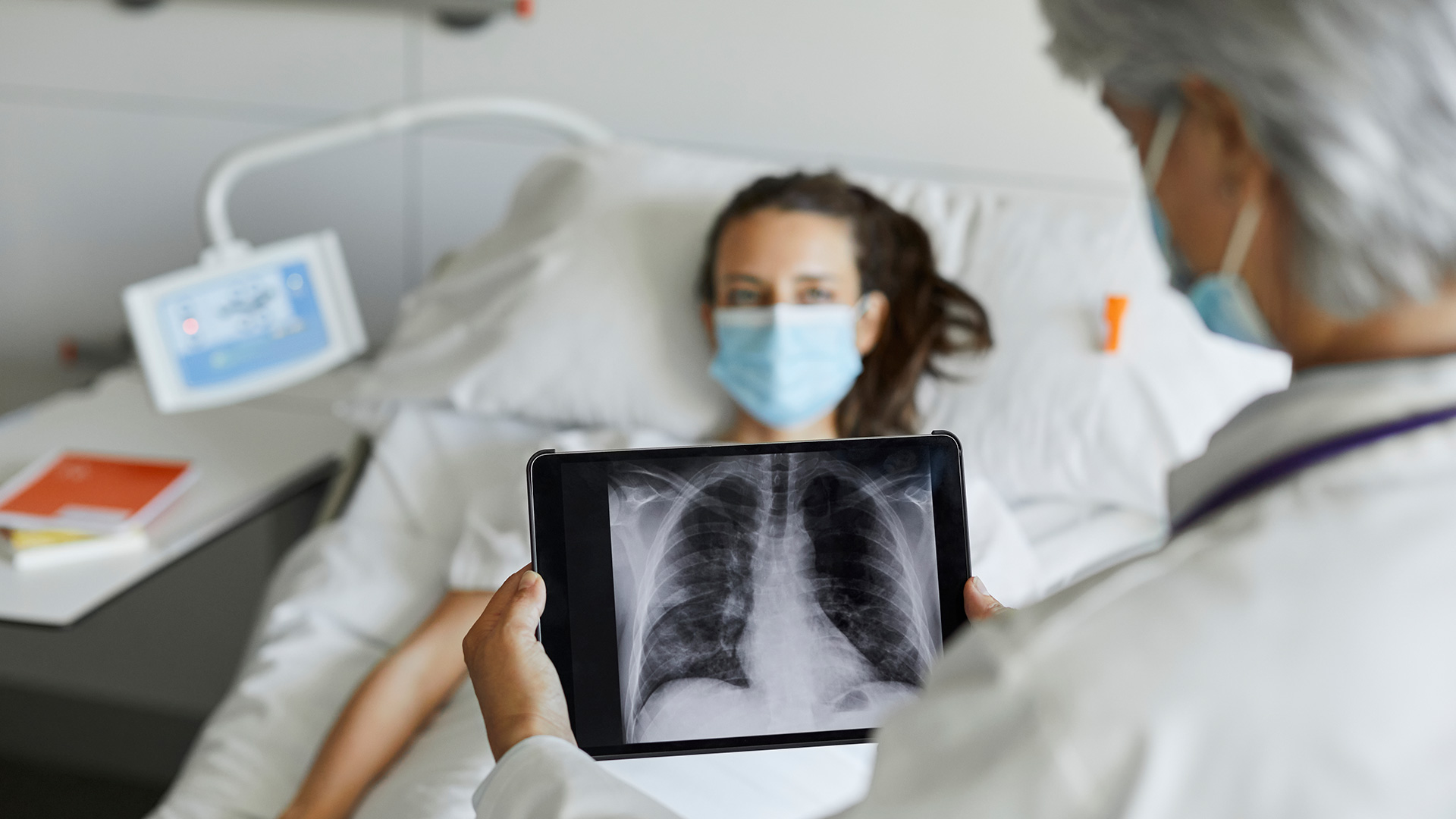
Bacteria in a person's intestine that are responsible for breaking down food and performing other tasks can affect his personality, finds a new study.
Researchers at Clarkson University in Potsdam, New York, found that the gut microbiome can influence a person's energy levels, fatigue, and everyday personality. The team found that certain different bacteria were strongly associated with one of the four defined personality traits that a person might have.
Like a person's personality, the gut microbiome often does not change, but taking antibiotics or another drug that can alter the bacteria in the body can change a person's behavior as a result.
“These new findings support my previous work in which we reported that the feeling of energy is associated with metabolic processes, while the feeling of fatigue is associated with inflammatory processes,” Dr. Ali Boolani, principal researcher, said in a statement. and professor of physical therapy at Clarkson. He added: “Since we are still learning about the gut microbiome, we don't know if we try to change our personality trait, we might see a change in the gut microbiome; or if we try to change our gut microbiome, we could also change our personality trait.”

The researchers, who published their findings earlier this year in the journal Nutrients, collected data from 20 participants for the study. Each of them had previously participated in studies on microbiome health led by Dr. Boolani, and all were evaluated to ensure that they had not recently used a drug that could affect their microbiome.
Using stool samples, the researchers analyzed the levels of different bacteria in each of the participants. They were also surveyed on four traits that Boolani believes are the basis of mental energy, mental fatigue, physical energy and physical fatigue of a person's personality.
The researchers found a strong correlation between certain traits and certain bacteria found in each person's microbiome. While the study's sample size is relatively small, Boolani argued that these findings may be a springboard for future research into how a person's mood can be affected by their gut.
“We hope that the large study will provide us with more definitive answers and, from there, we can see if these findings can help explain the interpersonal differences in nutritional interventions aimed at modifying feelings of energy and fatigue,” said the specialist. “However,” he continued, “this initial exploratory study guides us in terms of whether we should follow this line of research to examine the association between the gut microbiota and these four personality traits.”

While a link between gut health and personality may seem strange at first glance, it's not a completely new concept. The internal processes of a person's body can fatigue him or fill him with energy. Energy and fatigue levels can affect how a person reacts to stimuli from outside, which can form the basis of a personality.
Already in Hippocrates in 400 BC. C., humans knew that there was some link between the internal processes of the body and the external manifestations of personality. In 2016, researchers at Johns Hopkins University discovered that antibiotic treatments could alter a person's gut microbiome and, as a result, harm people with psychiatric disorders.
“More research is needed, but ours suggests that if we can prevent infections and minimize antibiotic treatment in people with mental illness, then we could prevent the onset of manic episodes,” said Dr. Robert Yolken, an expert in neurovirology in Johns Hopkins University School of Medicine in Baltimore.
How the gut microbiome can increase the risk of prolonged COVID

Post-acute COVID-19 syndrome, which specialists called persistent COVID, long COVID or prolonged COVID is characterized by persistent complications and/or symptoms weeks and months after the initial COVID-19 infection. It is relatively common, with up to three out of four people reporting at least one symptom six months after recovery from COVID-19 infection. Fatigue, muscle weakness and insomnia are among the most common manifestations.
Now, research published in the journal Gut, of the British Society of Gastroenterology, went beyond what is seen in the patients and tried to delve into the causes or predisposition that could lead to a person developing this symptomatology after overcoming the infection. And he suggested that the composition of the gut microbiome may be related to the risk of developing persistent COVID in some patients.
It is known that the gut plays an important role in immunity, and that the immune response could be altered by the billions of bacteria, fungi and microbes that inhabit the digestive tract, which could affect the recovery process. In short, the new research suggests that patients with a poor gut microbiome may be at greater risk of suffering from persistent COVID.
“In summary, the altered composition of the gut microbiome is strongly associated with persistent symptoms in patients with COVID-19 up to six months after the elimination of the SARS-CoV-2 virus,” the experts concluded. Considering the millions of people infected during the ongoing pandemic, our findings are a strong impetus to consider modulating the microbiota to facilitate recovery and reduce the persistent COVID impact.”
KEEP READING:
Últimas Noticias
Debanhi Escobar: they secured the motel where she was found lifeless in a cistern
Members of the Specialized Prosecutor's Office in Nuevo León secured the Nueva Castilla Motel as part of the investigations into the case

The oldest person in the world died at the age of 119
Kane Tanaka lived in Japan. She was born six months earlier than George Orwell, the same year that the Wright brothers first flew, and Marie Curie became the first woman to win a Nobel Prize

Macabre find in CDMX: they left a body bagged and tied in a taxi
The body was left in the back seats of the car. It was covered with black bags and tied with industrial tape
The eagles of America will face Manchester City in a duel of legends. Here are the details
The top Mexican football champion will play a match with Pep Guardiola's squad in the Lone Star Cup

Why is it good to bring dogs out to know the world when they are puppies
A so-called protection against the spread of diseases threatens the integral development of dogs



